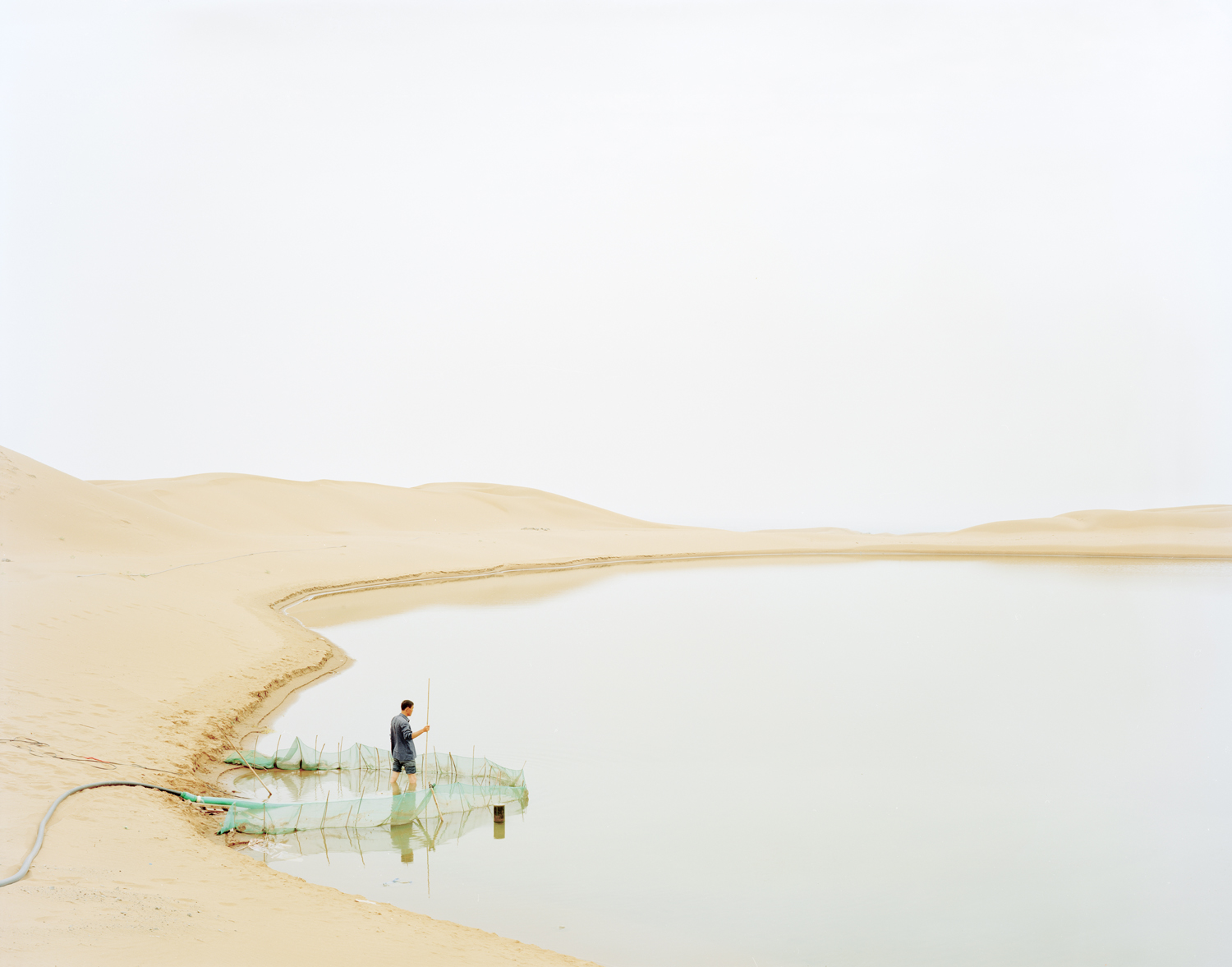
As a boy, he read about the mythic river. As a man, he went to find its source. Chengdu-based photographer Zhang Kechun has spent much of the last two years on the banks the Yellow River, the waterway considered both the cradle of Chinese civilization and, when it breaks its banks, its curse. “I wanted to photograph the river respectfully,” said Zhang. “It represents the root of the nation.”
Zhang’s project has the feel of a pilgrimage. He travels on a fold-up bicycle, following the river’s silted water from the coastal flats of Shandong, west, to the mountains of Qinghai. He journeys for a month at a time, lugging a large format Linhof camera, a tripod and just enough film. Sometimes, he says, he went a week without taking a picture. “I wanted to take my time,” he said, “to slow down and experience every second of the moment.”
His patient labor paid off. The work is intimate and expansive, capturing quiet moments under vast, gray skies. People swim. Buildings rise. Life plays out against a dateless haze. “I choose cloudy, gloomy days to photograph and I overexpose my photos,” Zhang explained. This, he said, “adds a soft and gentle touch,” giving each frame an otherworldly feel. This ethereal stillness quiets the quotidian realities of the river: movement, pollution, noise.
Zhang says he did not set out to document environmental destruction — others have done that. But China’s headlong rush to develop has scarred the country’s land, air and water, and the mighty Yellow River is no exception. “I started off wanting to photograph my ideal of the river, but I kept running into pollution,” he said. “I realized that I couldn’t run away from it, and that I didn’t need to run away from it.”
Though the lunar tones and low horizons feel foreboding, Zhang insists the project carries a message of hope. There is a reason all the people in his pictures look tiny: “The power of humans is nothing compared to the power of nature, even when we try to change it.” Century upon century, the river runs.
Zhang Kechun is a Chengdu-based photographer with the MoST agency.
Emily Rauhala is an Associate Editor at TIME. Additional reporting and translation from Regina Wang.
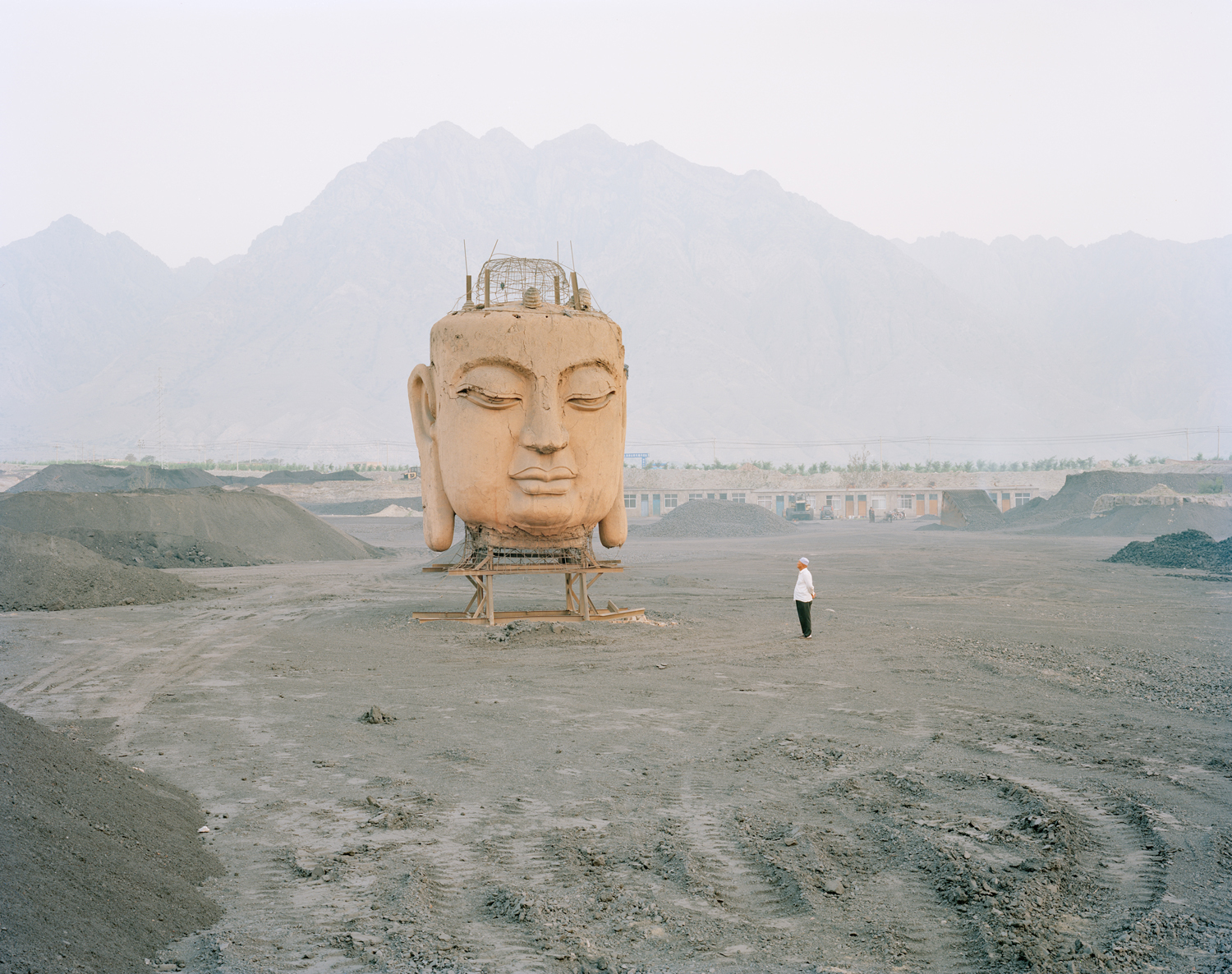
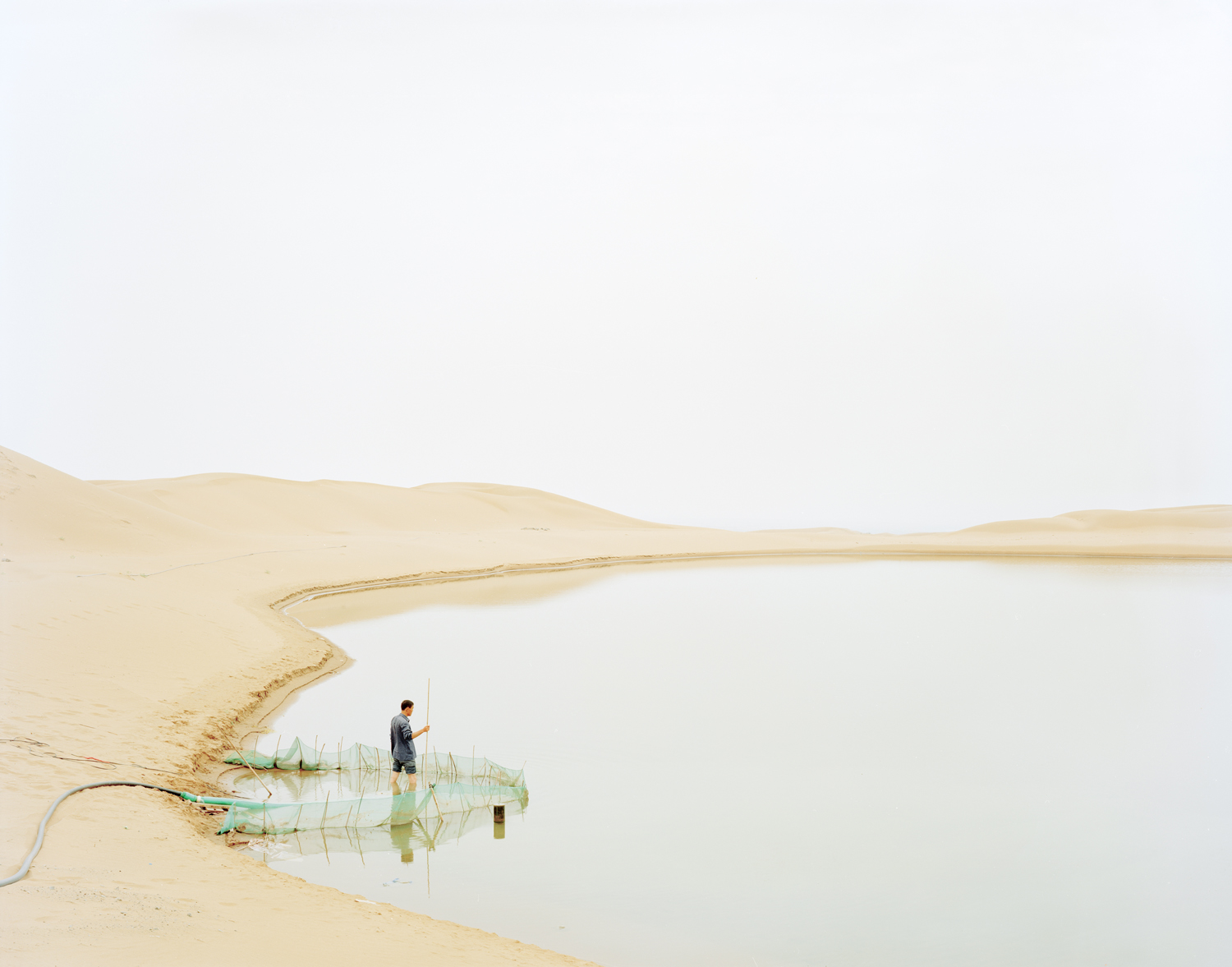
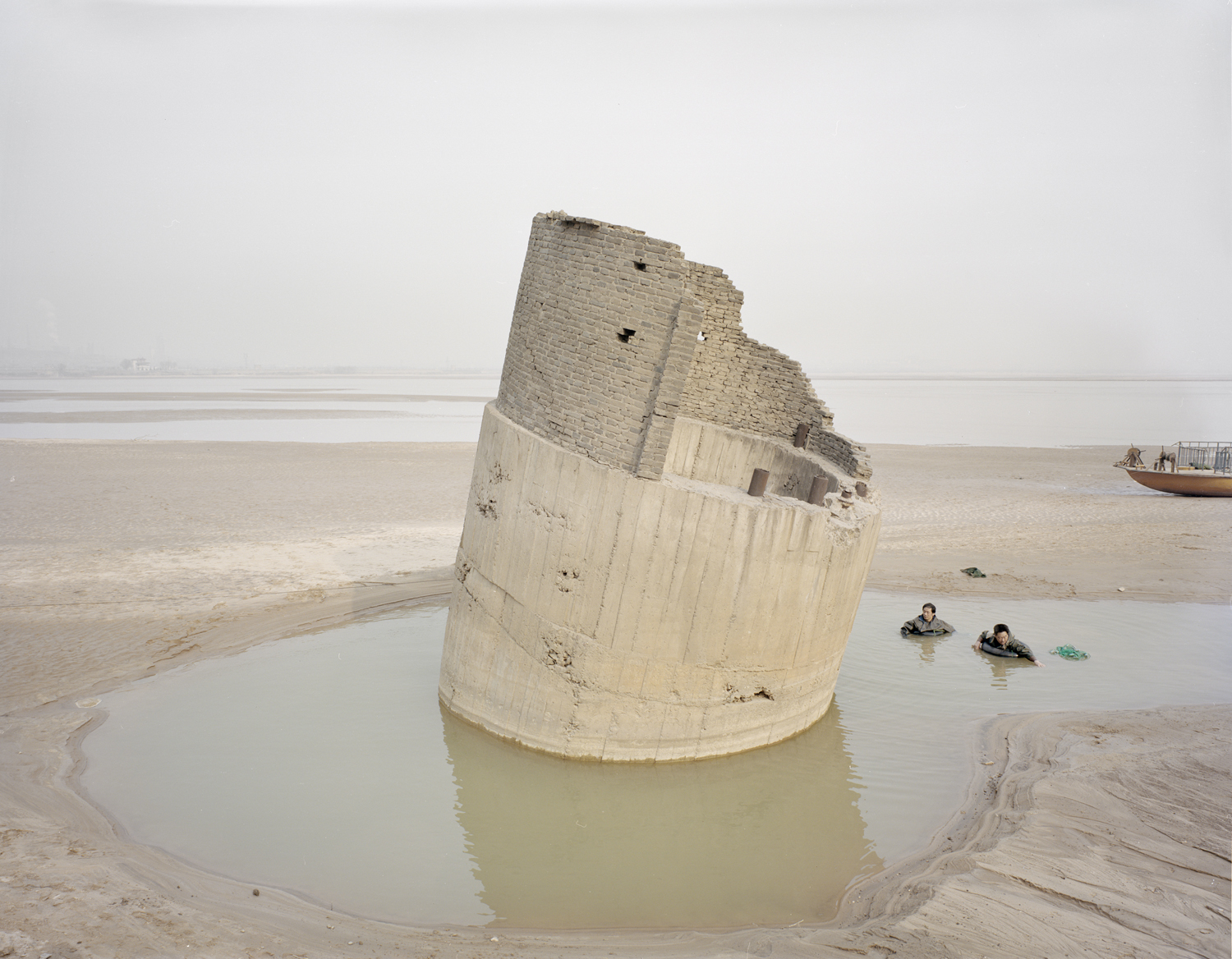
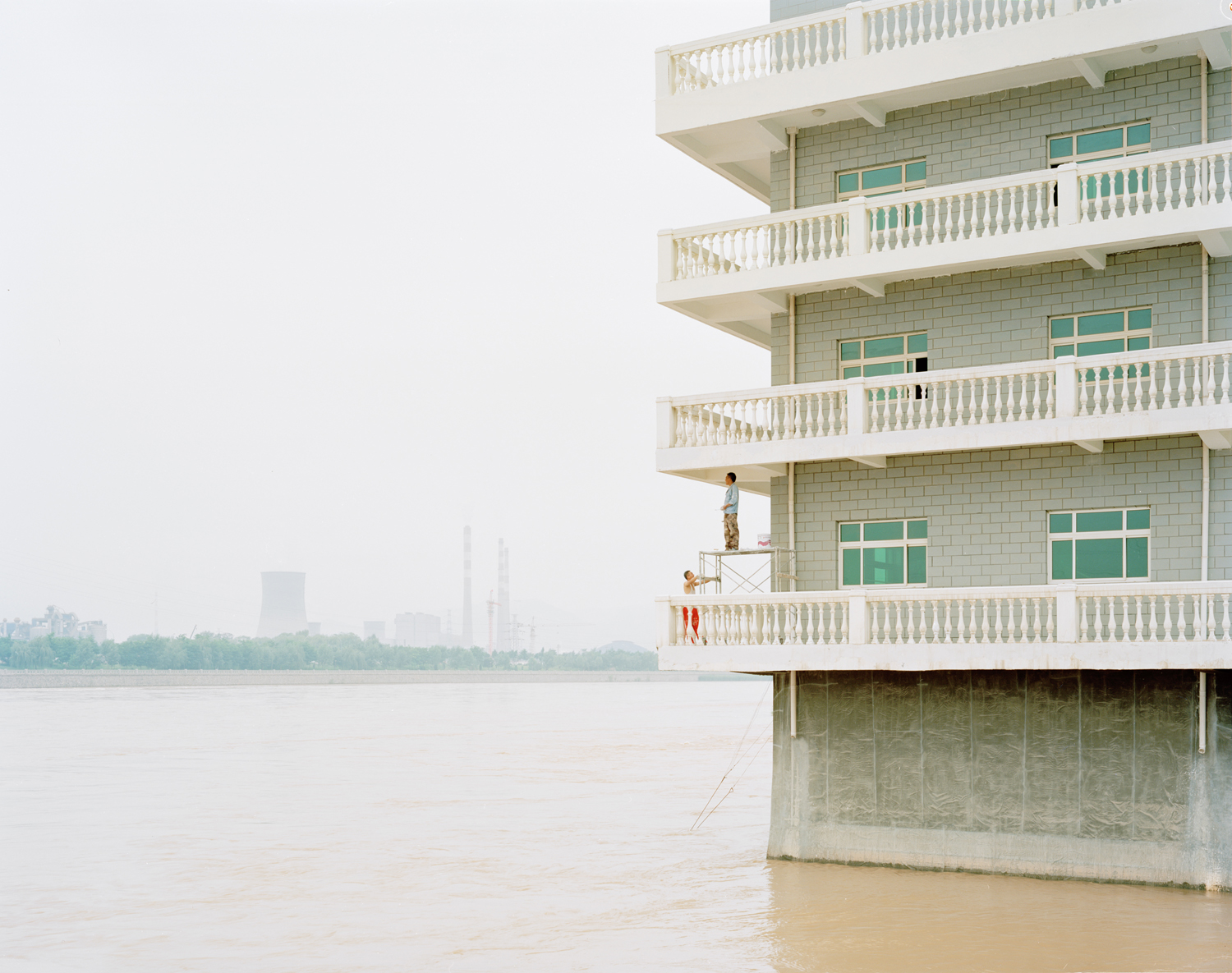
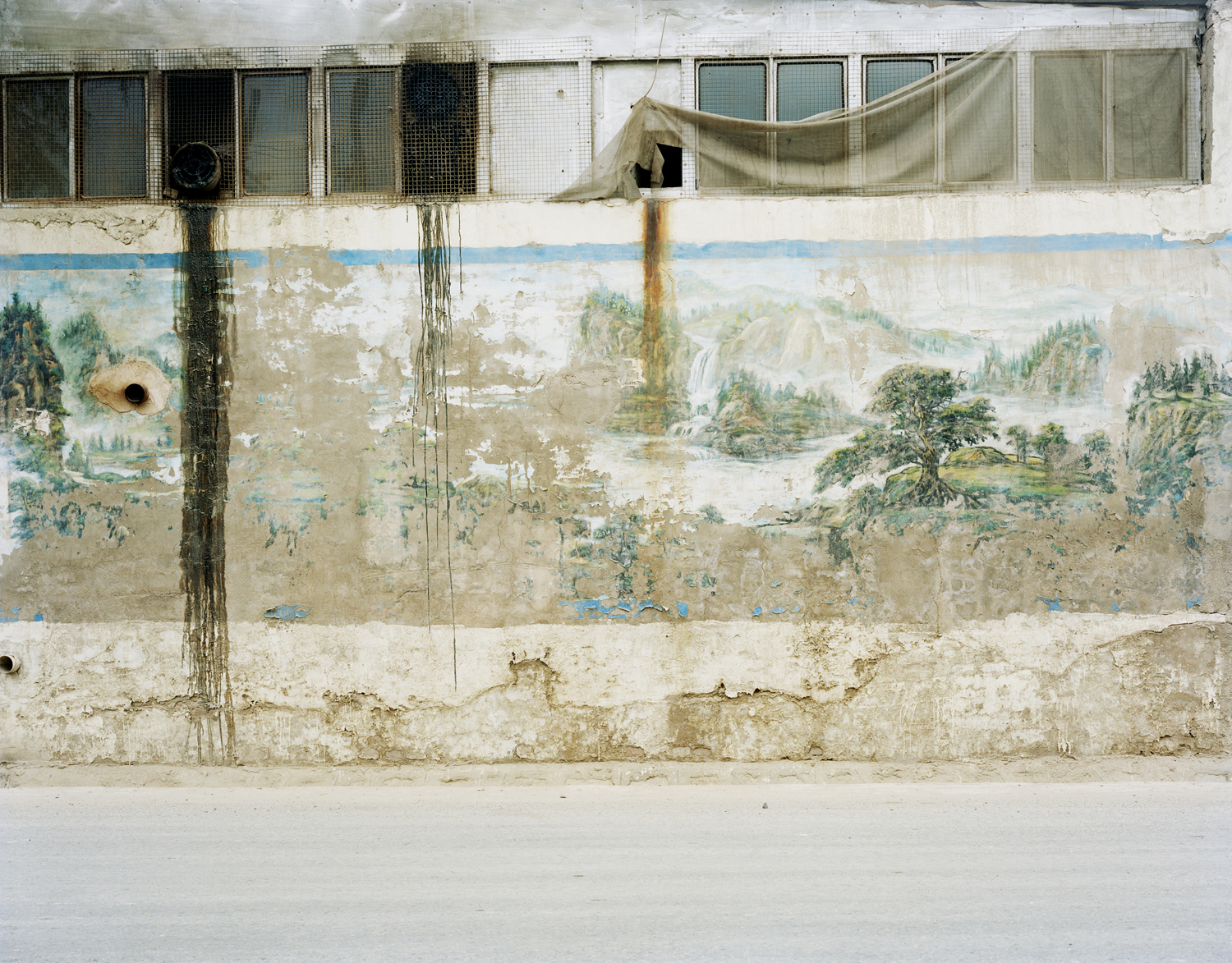
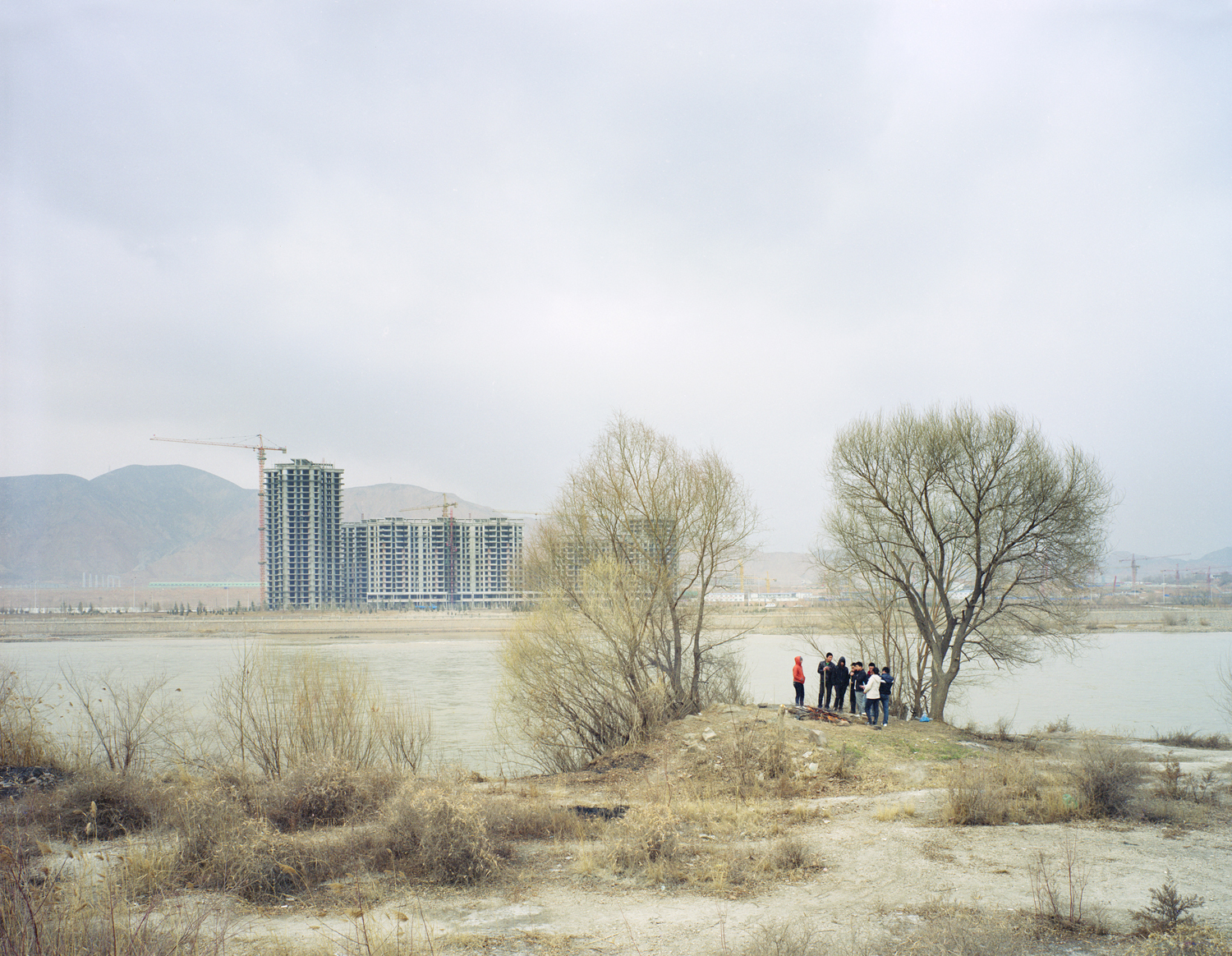
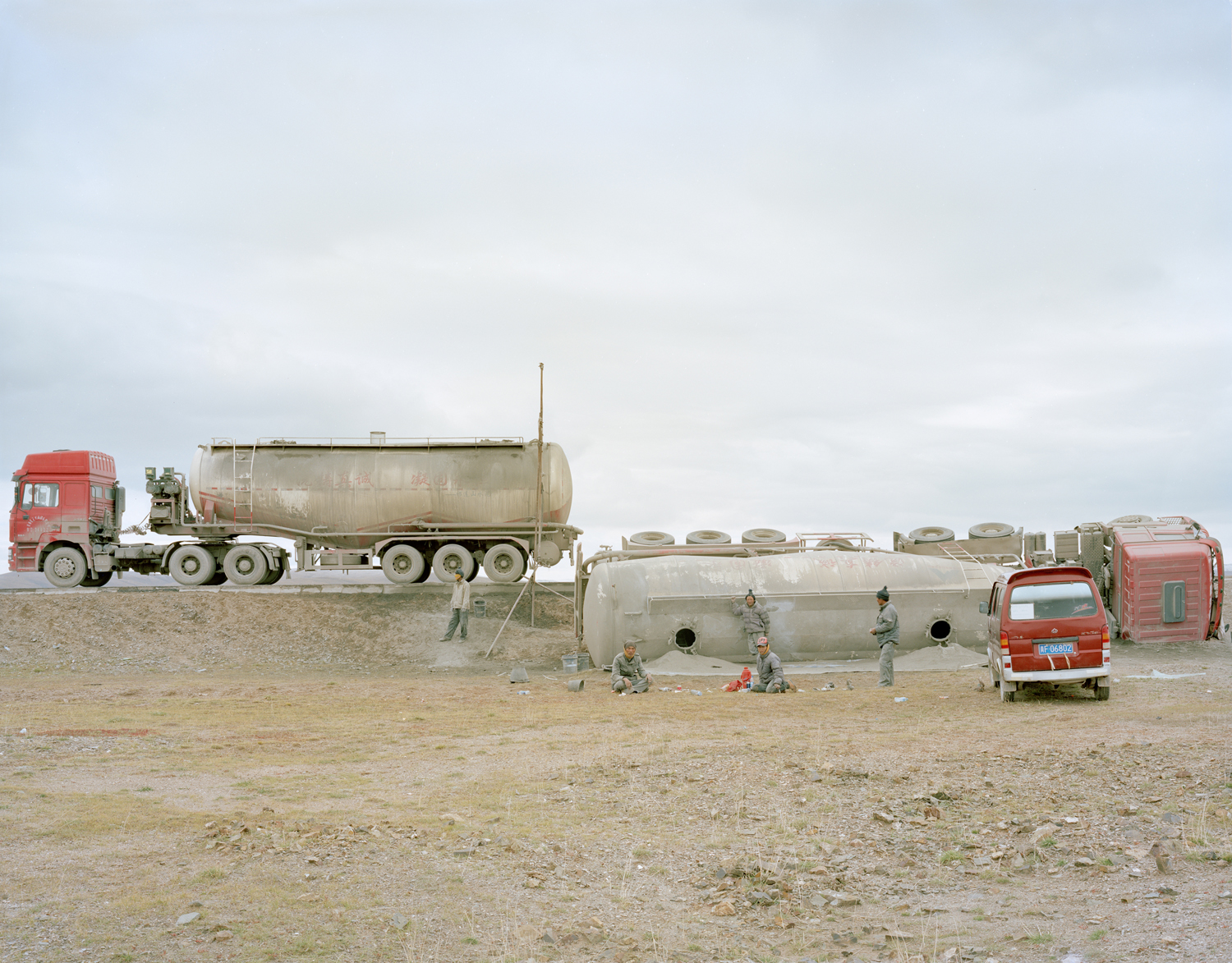
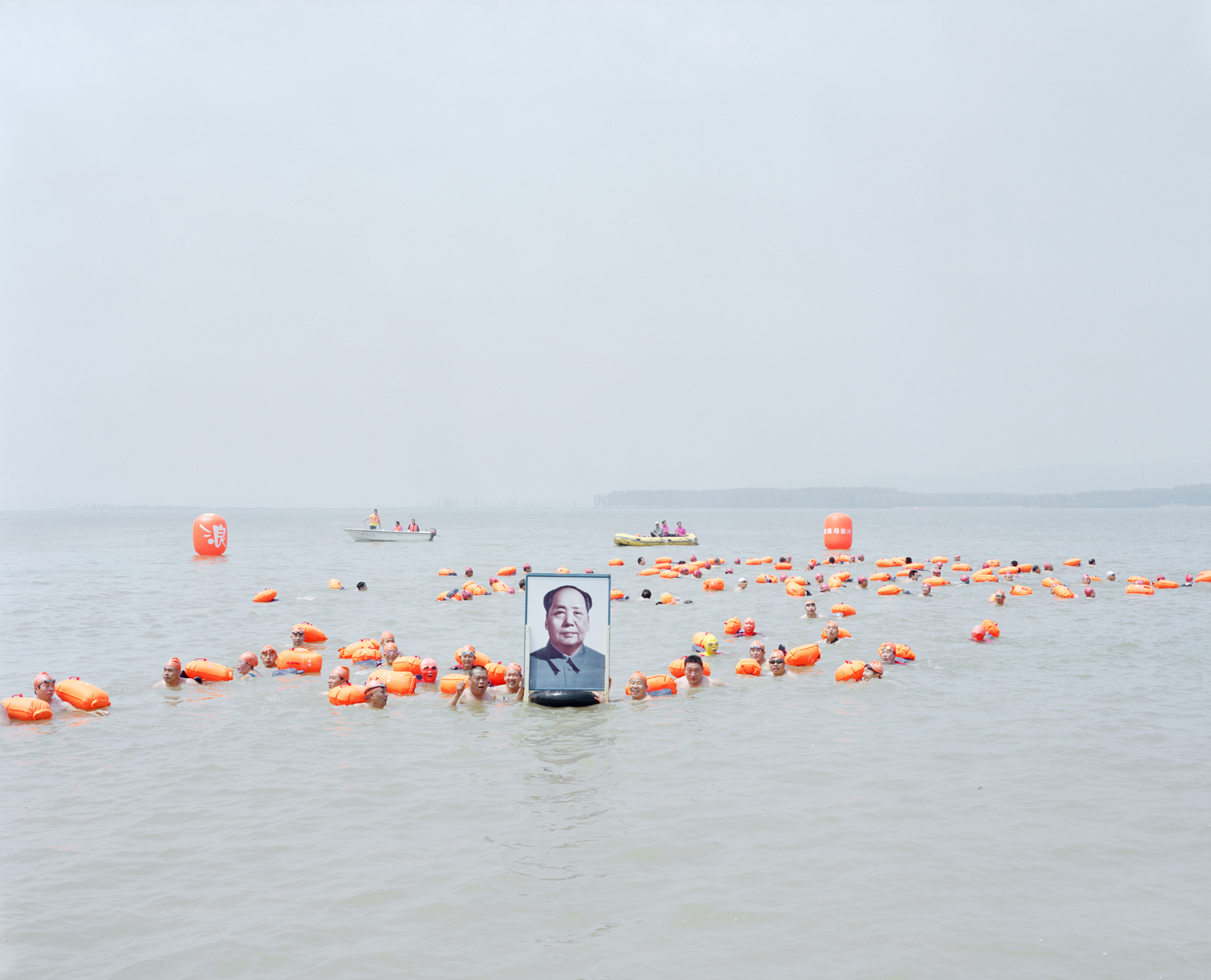
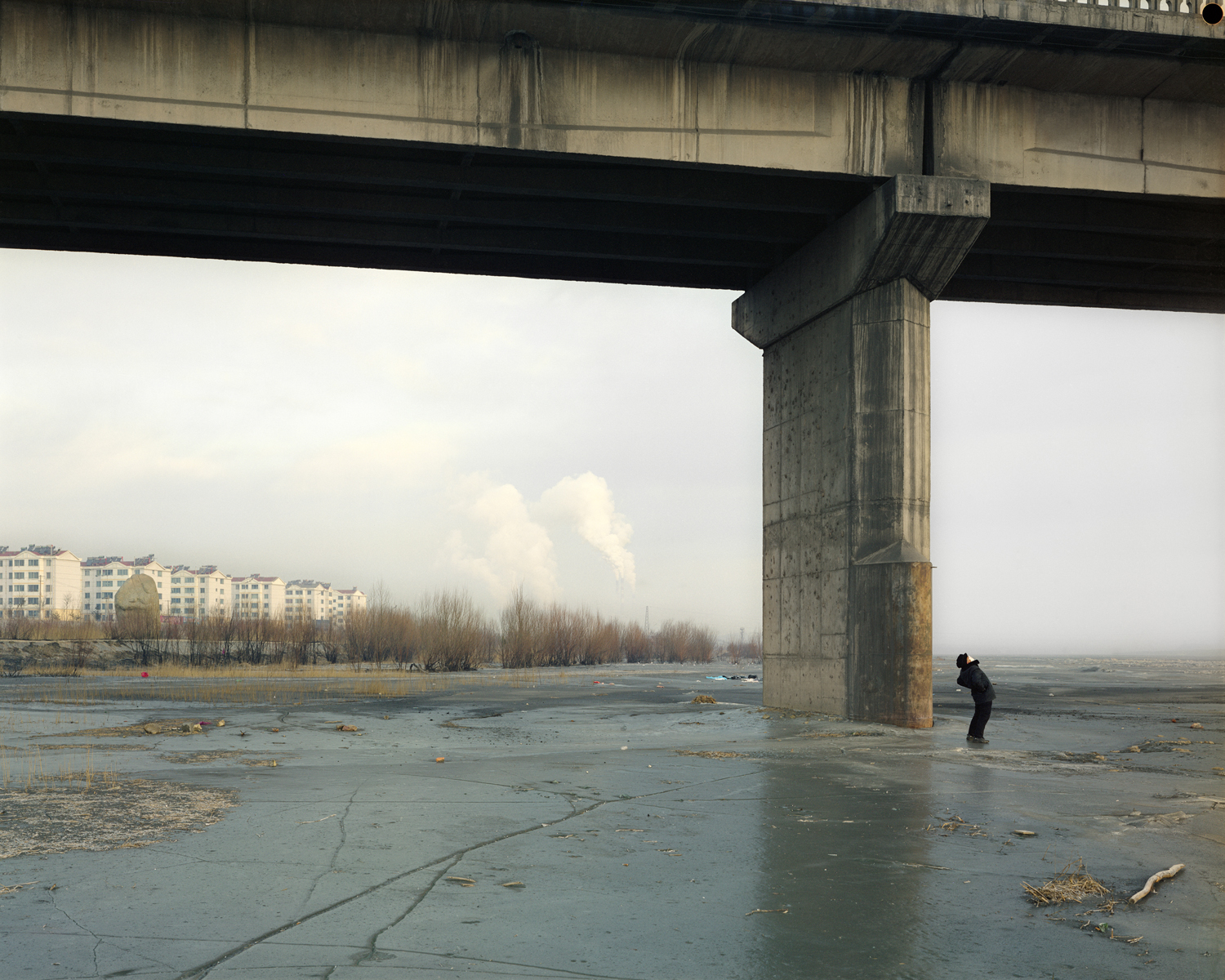
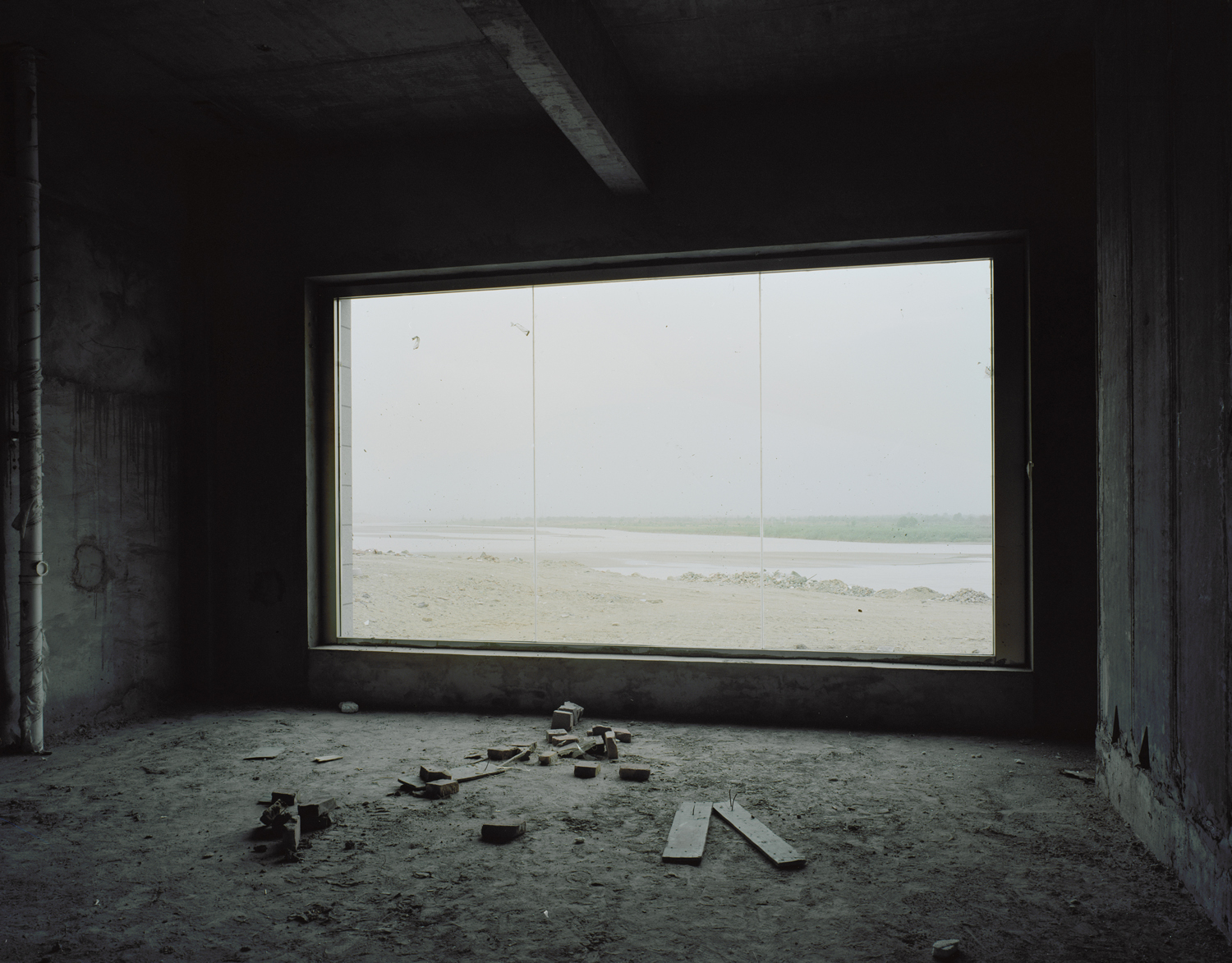
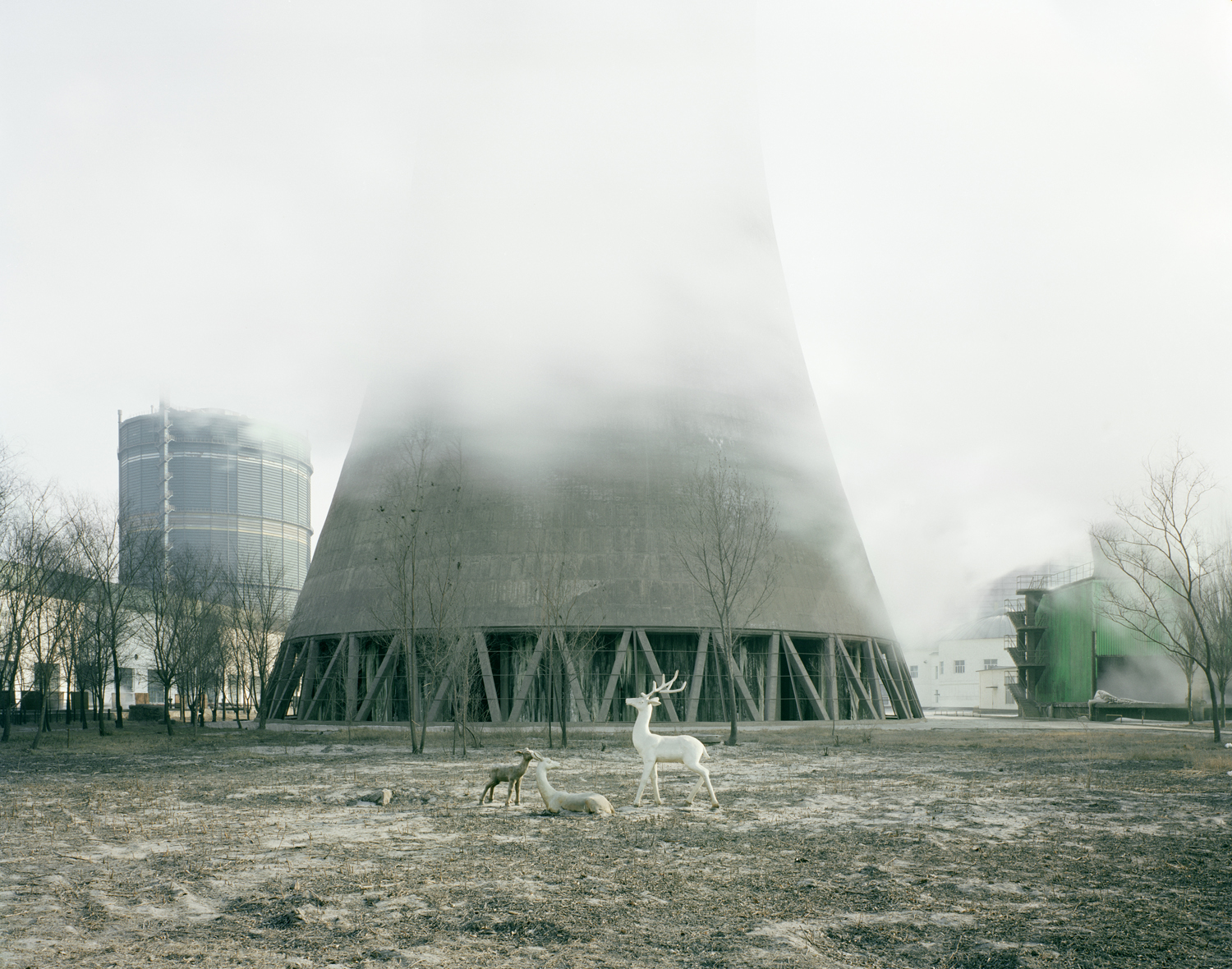
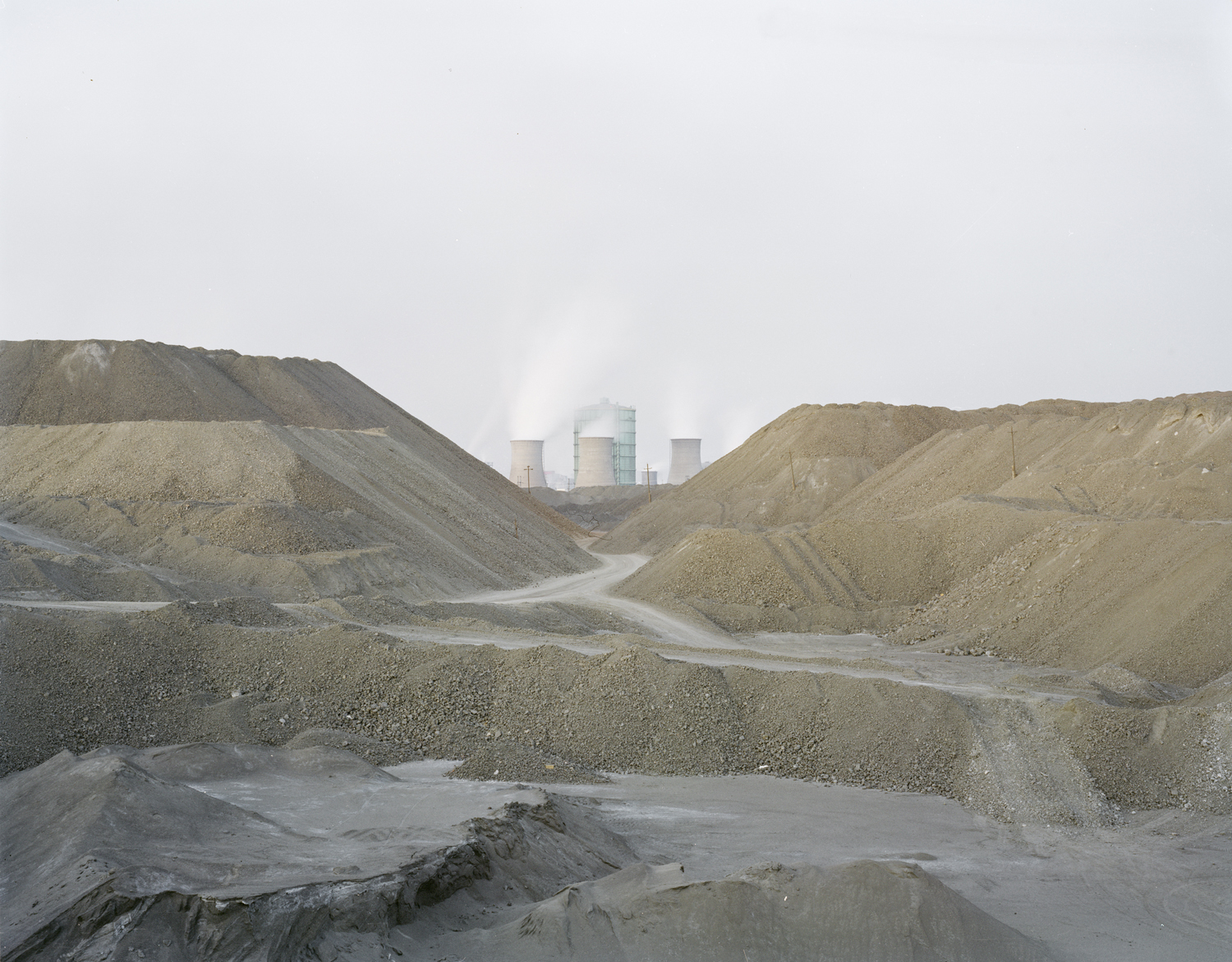
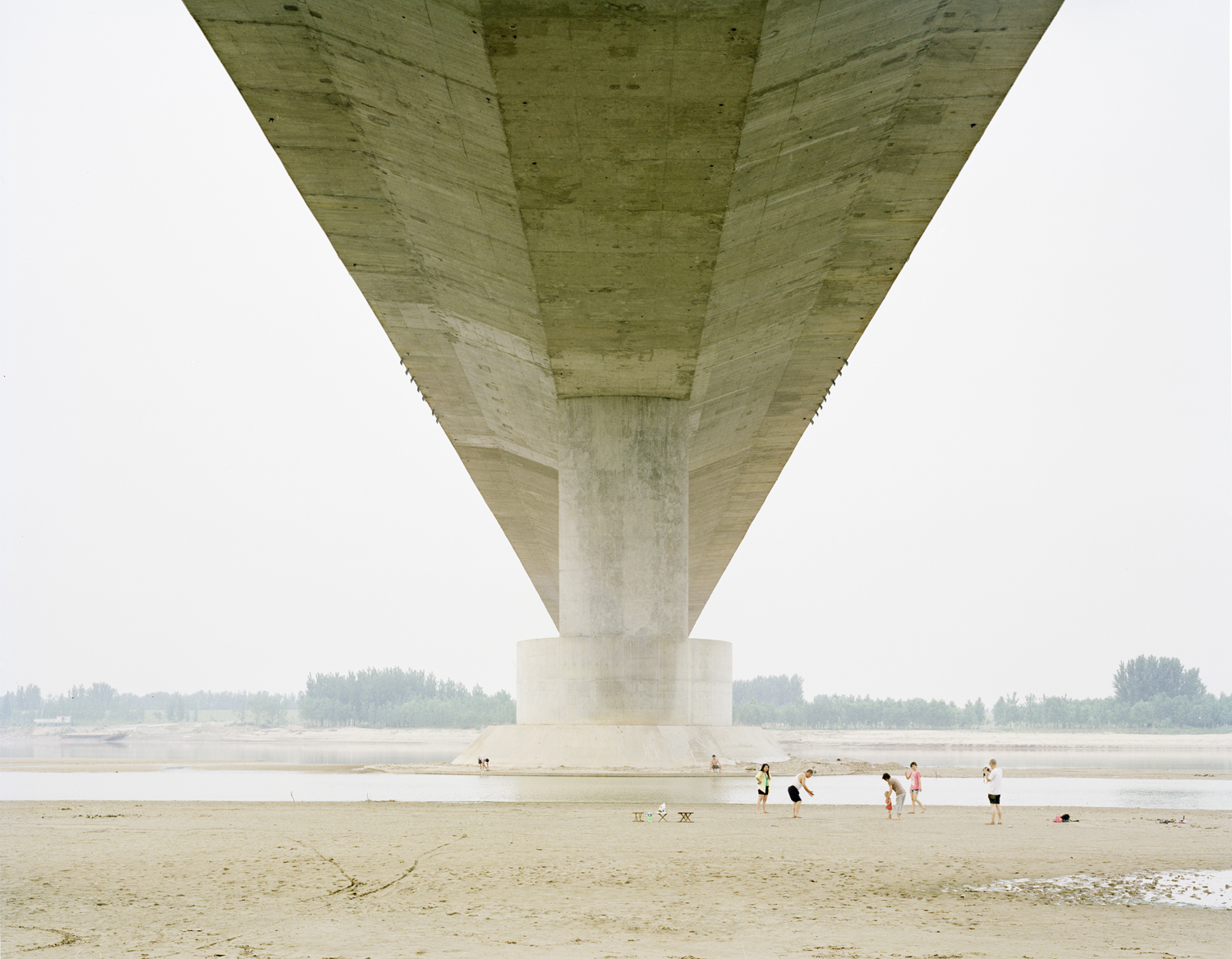
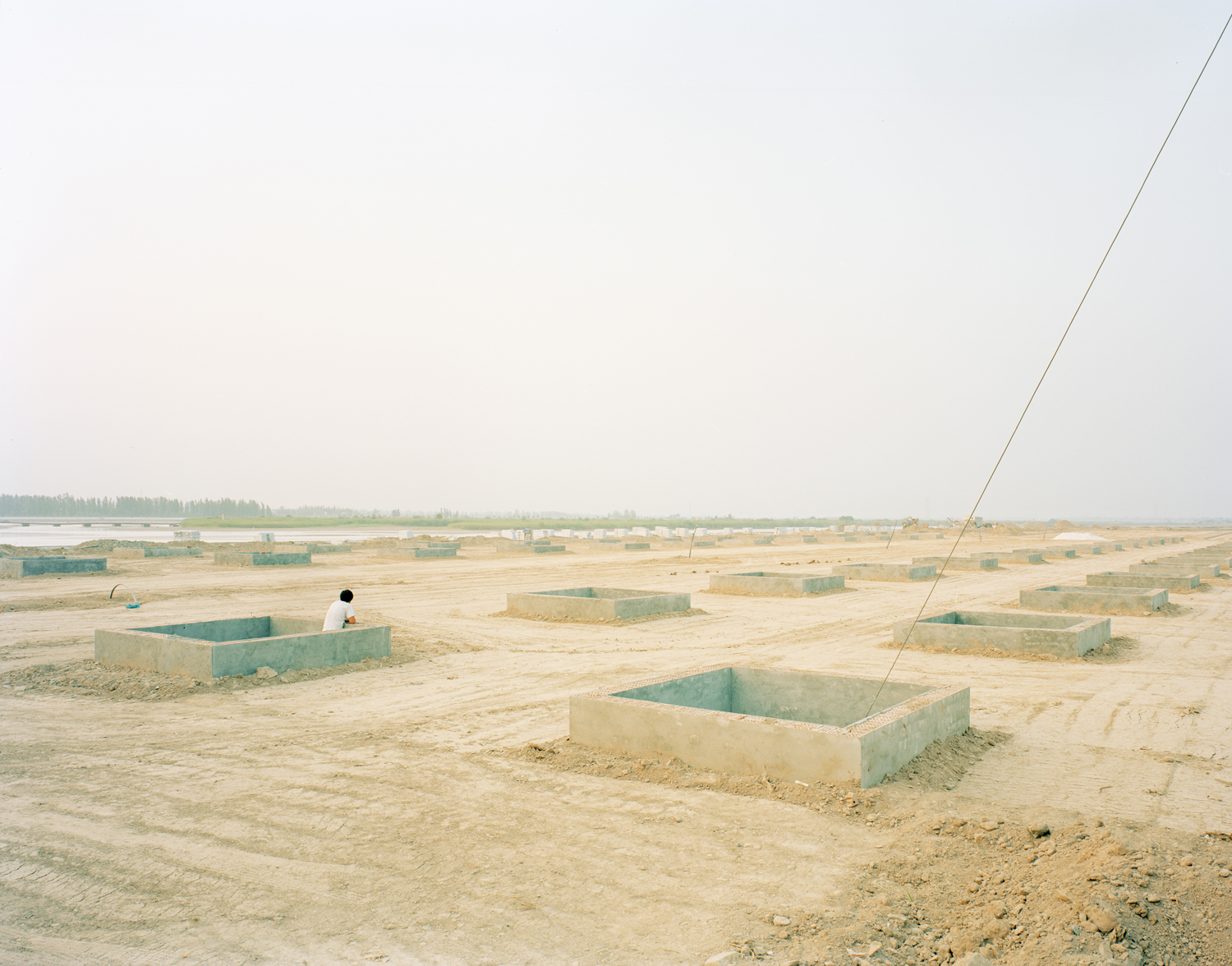
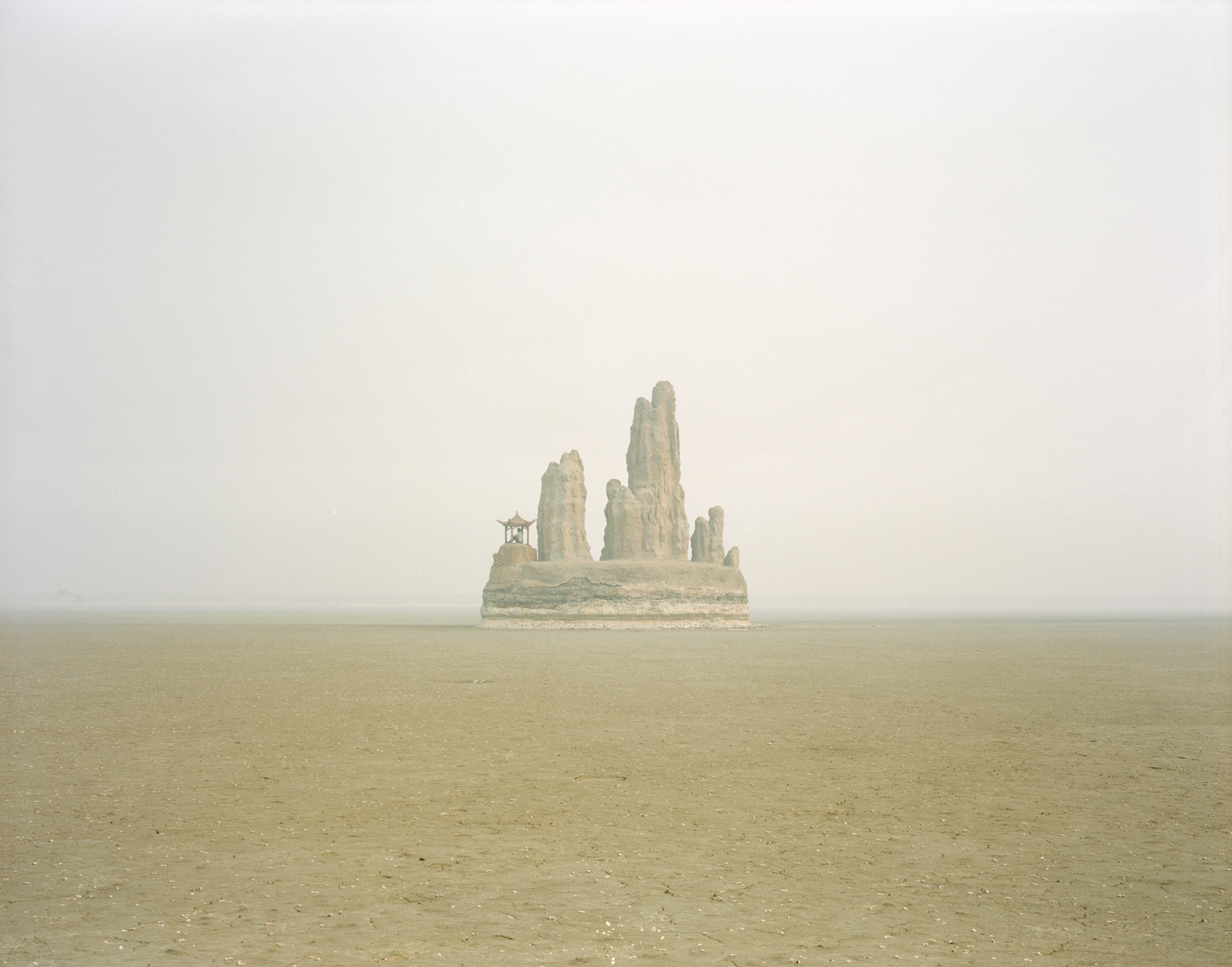
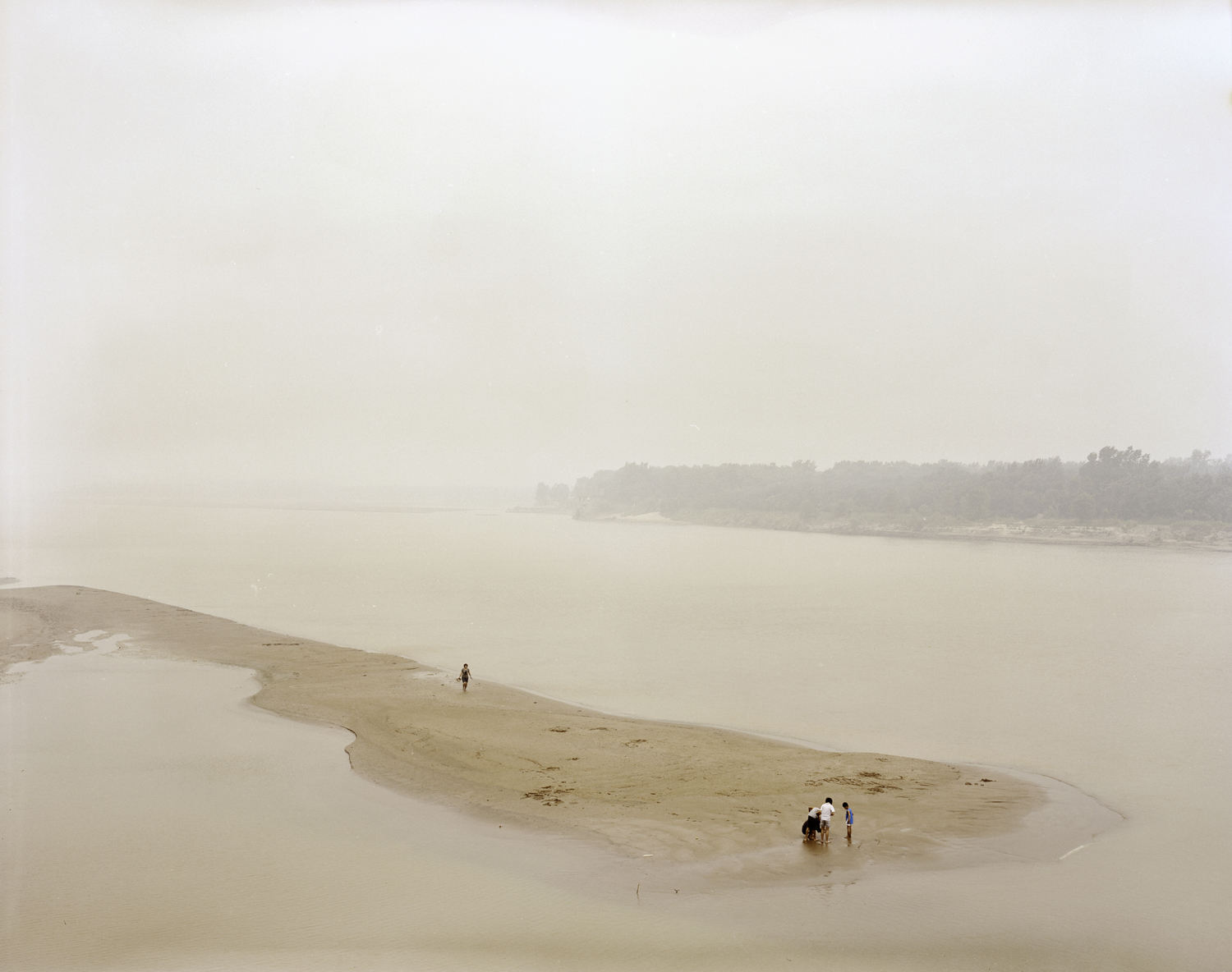
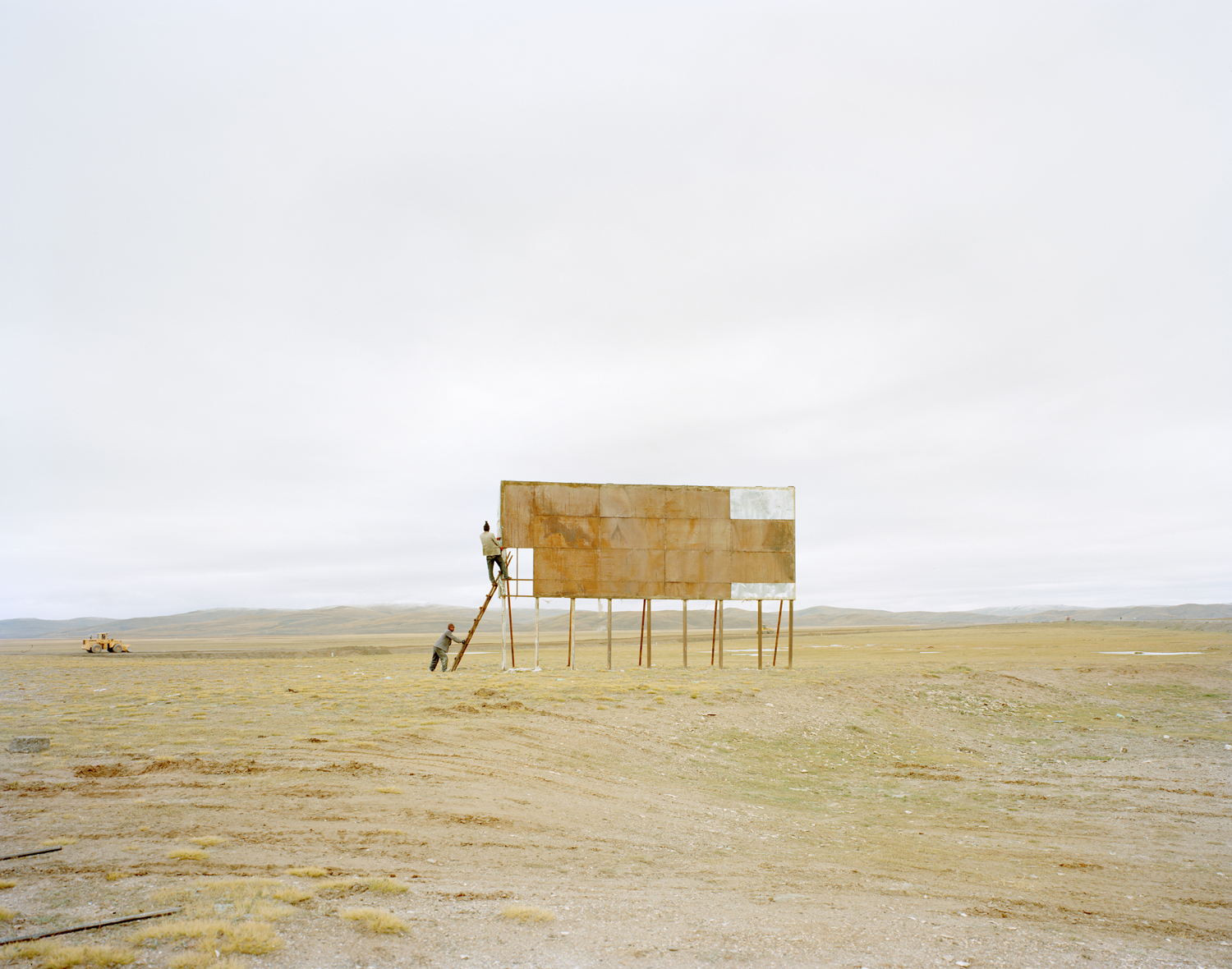
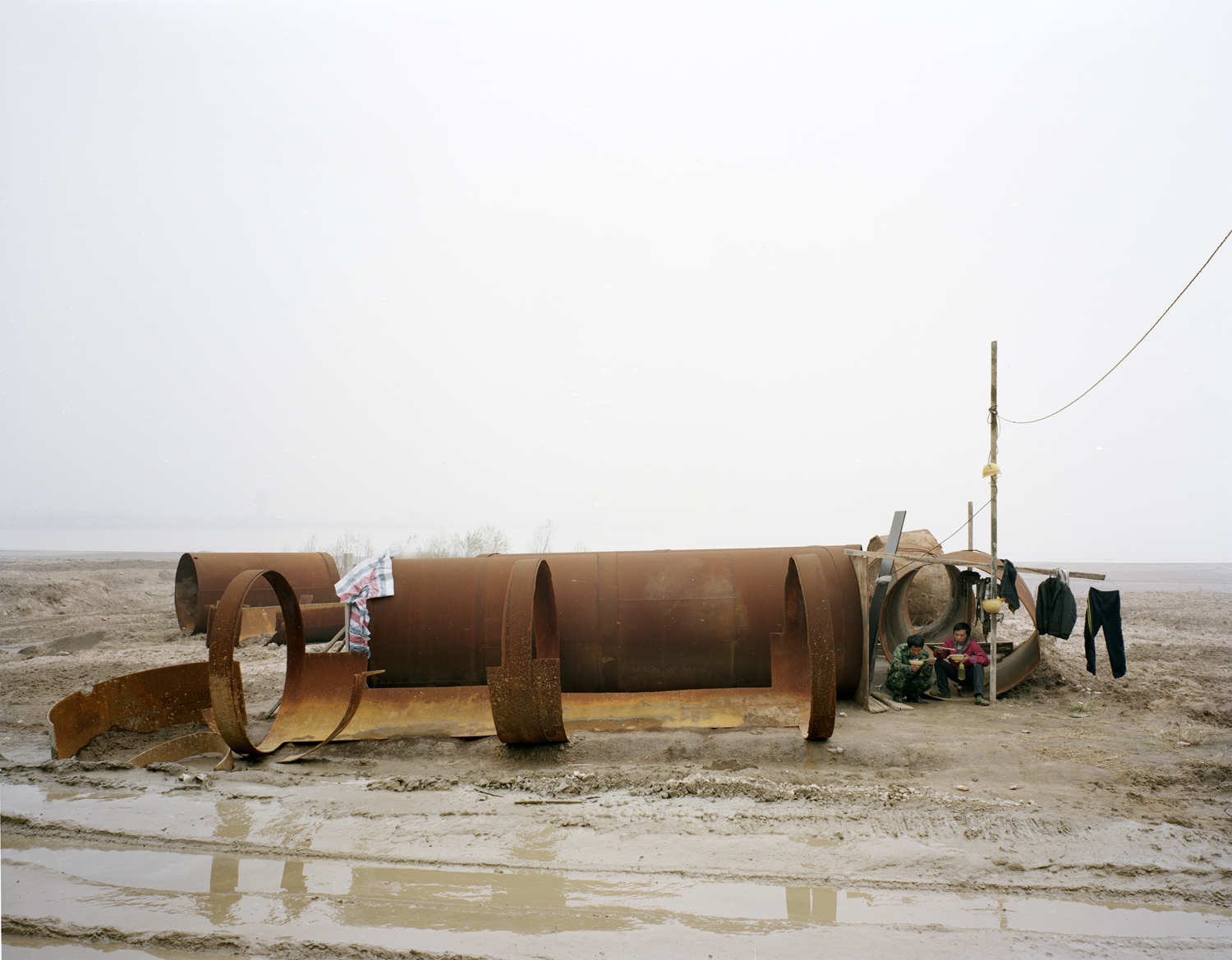
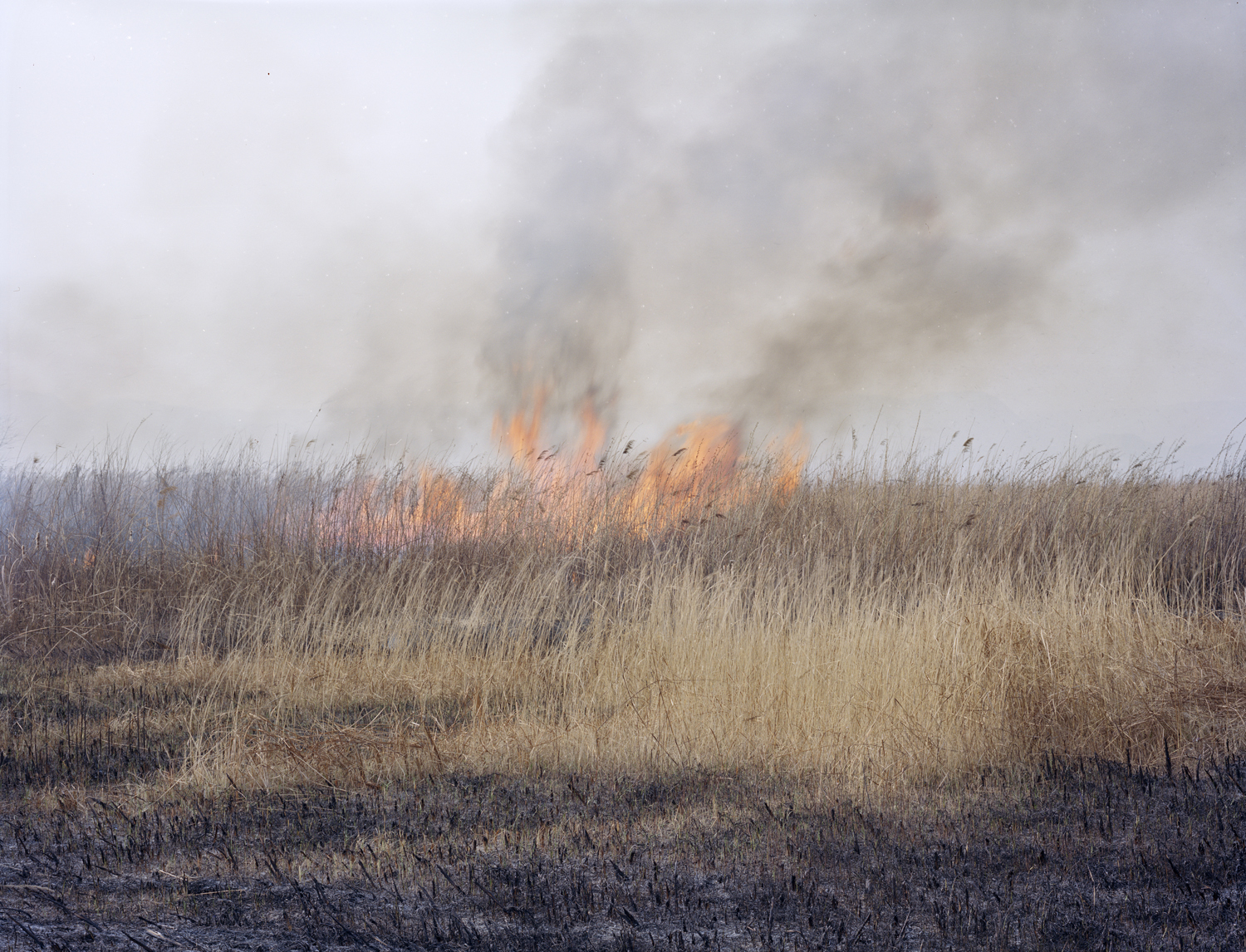
More Must-Reads from TIME
- Cybersecurity Experts Are Sounding the Alarm on DOGE
- Meet the 2025 Women of the Year
- The Harsh Truth About Disability Inclusion
- Why Do More Young Adults Have Cancer?
- Colman Domingo Leads With Radical Love
- How to Get Better at Doing Things Alone
- Michelle Zauner Stares Down the Darkness
Write to Emily Rauhala at emily_rauhala@timeasia.com